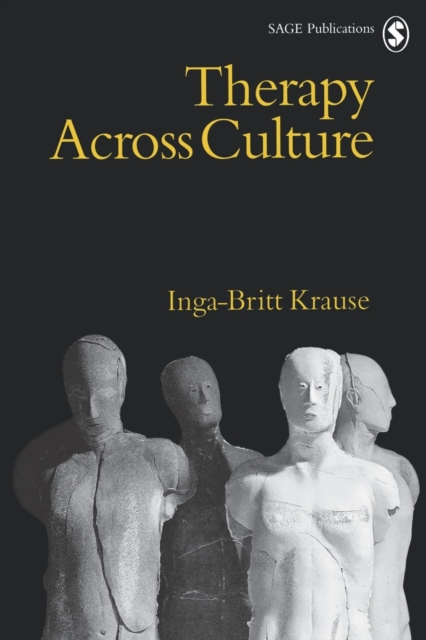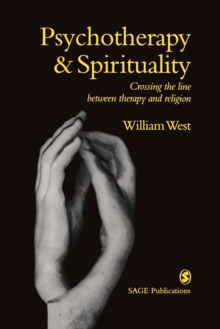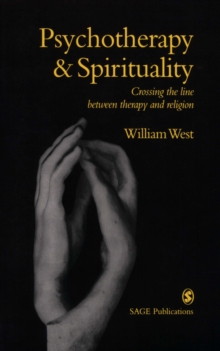
Therapy Across Culture Paperback / softback
by Inga-Britt Krause
Part of the Perspectives on Psychotherapy series series
Paperback / softback
Description
`This is an important book which has a broader relevance to psychotherapists than its title suggests.
In an academically rigorous style... and drawing on her own experience as an anthropologist and systemic (family) therapist, Inga-Britt Krause shows how ethnographic methodology (fieldwork) and its research findings can be drawn on to radically deepen our clinical insight into "difference"...
Krause is both challenging and refreshing in her approach.
She goes beyond asserting the need for insights to be gleaned from anthropology in cross-cultural clinical work to suggest that psychoanalysis itself could also benefit...
Thinking about her book has focused my interest in the cultural dimensions of clinical work, and in the role of kinship, taboo and ritual, in the inter and intraprofessional conflicts which permeate our profession′ - British Journal of PsychotherapyThis groundbreaking book demonstrates the importance of cross-cultural communication to psychotherapy, psychoanalysis and counselling.
It gives an introduction to anthropological issues which are relevant to cross-cultural work, examining practical as well as conceptual aspects of culture.
The book provides an overview and gives examples on which clinicians may draw to enhance their understanding of their clients, and which will help anthropologists to understand and interpret the personal circumstances of their informants. Complex theories from ethnography and anthropology are explained and made accessible, while kinship, attachment and emotion, ritual and taboo are explored, illuminating how the cultural content of patterns of interaction and behaviour are expressed in ideas, feelings, attitudes and inclinations.
Finally, it is argued that cross-cultural communication must originate in the therapist or anthropologist taking responsibility for becoming aware of his or her own assumptions as a starting point for cross-cultural work.
Information
-
Less than 10 available - usually despatched within 24 hours
- Format:Paperback / softback
- Pages:208 pages
- Publisher:Sage Publications Ltd
- Publication Date:26/03/1998
- Category:
- ISBN:9780803975279
Other Formats
- Hardback from £149.00
Information
-
Less than 10 available - usually despatched within 24 hours
- Format:Paperback / softback
- Pages:208 pages
- Publisher:Sage Publications Ltd
- Publication Date:26/03/1998
- Category:
- ISBN:9780803975279










